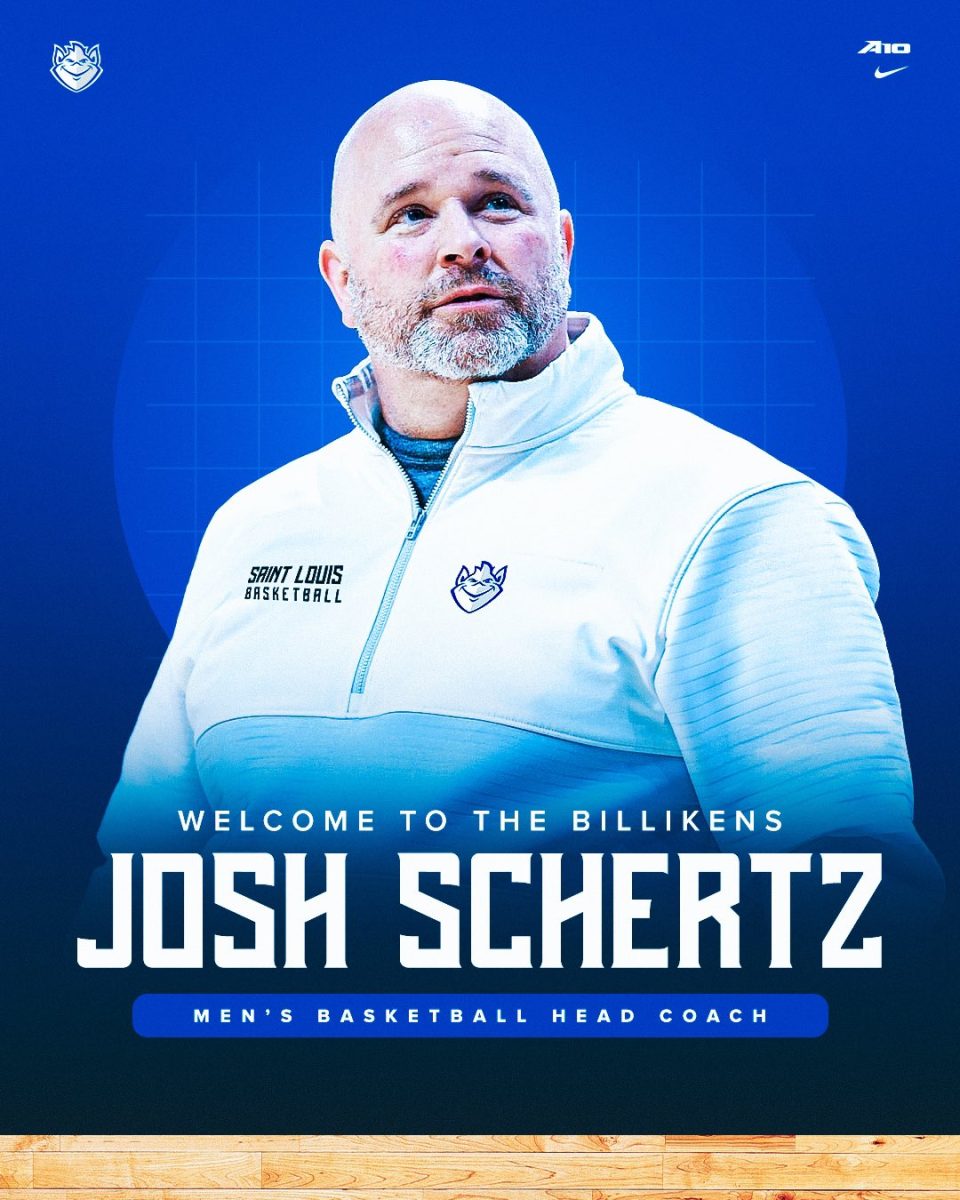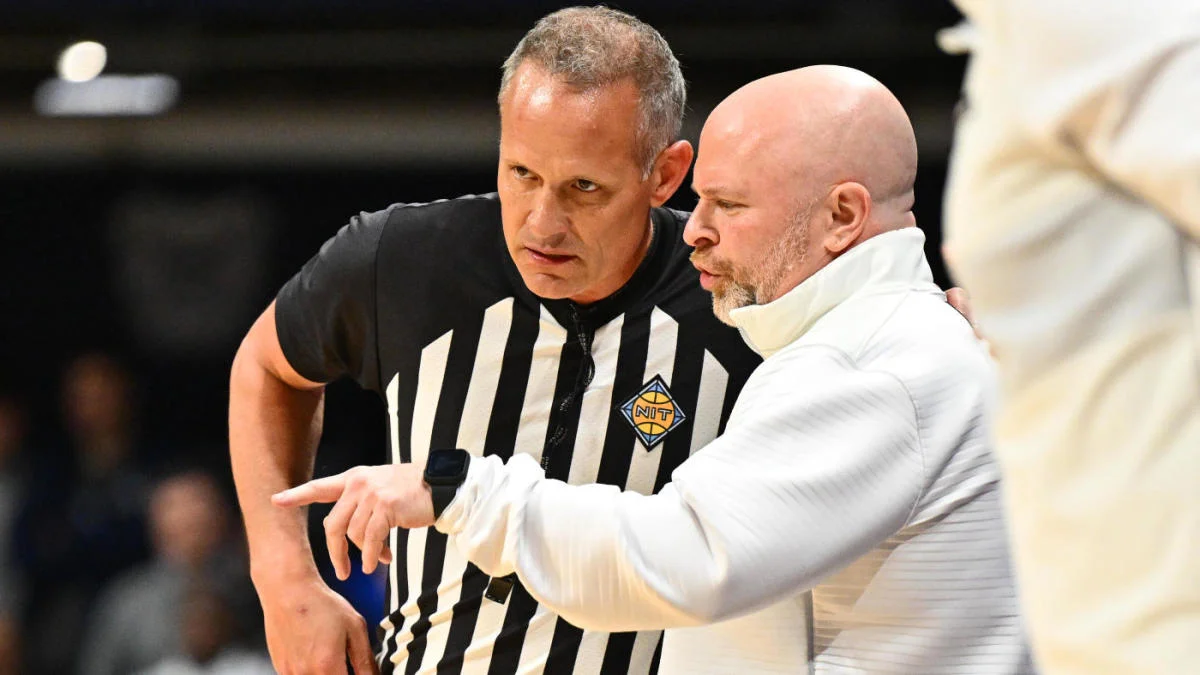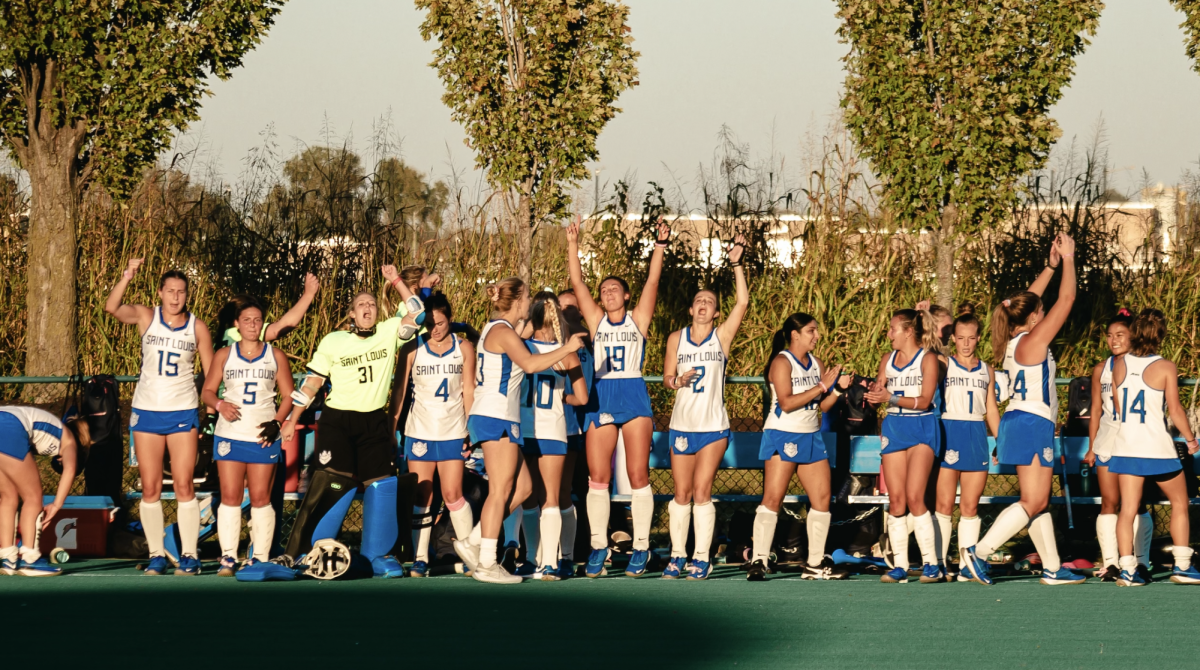A great man once said, “A life is not important, except in the impact it has on other lives.” These very words became immortalized on the man’s headstone, and underneath is the man’s signature: “Jackie Robinson.”
The desegregation of professional and collegiate sports began decades after Congress passed the Civil Rights Act of 1875, which banned segregation in certain public facilities. Integration in sports took decades to accomplish, each decade marked by a few pioneers whose lives impacted the lives of those who followed.
In 1939, Jesse Owens became the first African-American to represent the United States at the Summer Olympic Games. Owens won four Olympic gold medals in track and field.
On March 21, 1946, Kenny Washington became the first African-American to play professional football since 1933. During the 1920s, 13 African-Americans played professional football, but in 1933, a league-sanctioned “gentleman’s agreement” dropped all blacks from the league.
In an April 1947 press release, the Brooklyn Dodgers made an announcement that shocked professional baseball: “The Brooklyn Dodgers today purchased the contract of Jackie Roosevelt Robinson from the Montreal Royals. He will report immediately.”
On April 15, 1947, Jackie Robinson became the first African-American to play Major League Baseball. Although Robinson was not the first black professional athlete, he played a tremendous role in the desegregation of sports. What set Robinson apart from other African-American athletes was that he was among the first black athletes to play every day and to serve as a constant reminder that pro-sports were indeed being integrated.
Just a few months after Robinson’s debut as the first African-American in pro-baseball, integration became a part of professional sports in St. Louis. On July 17, 1947, Henry “Hank” Thompson became the first African-American on a St. Louis professional team when he began to play for the St. Louis Browns.
Three days later, J. Willard “Willie” Brown joined the team, making Thompson and Brown the first African-American teammates to appear in a major league game.
Soon, African-American women began being recognized in professional athletics. In 1948, U.S. high jumper Alice Coachman became the first black woman to win an Olympic gold medal. Coachman jumped 5′ 6.25″ on her first jump, to win the gold.
Luscious “Luke” Easter became the first black St. Louisan to play major league baseball when he first appeared with the Cleveland Indians on Aug. 11, 1949.
The 1950s marked a decade of greater integration in professional sports and the beginning of integration in collegiate sports.
In August of 1950, Althea Gibson became the first black to compete at the national tennis championship. Later, in 1957 and 1958, Gibson became the first African-American woman to win the U.S. Open and the prestigious Wimbledon crown. Winning both of these tournaments as an amateur, Gibson earned the top-ranking in women’s tennis.
The newly formed National Basketball Association began to integrate in its second season. Chuck Cooper became the first black drafted in the NBA when the Boston Celtics selected him in the 1950 draft pick.
However, it was Earl Lloyd who was the first African-American to appear in an NBA game when Washington took on Rochester. Nat “Sweetwater” Clifton of the New York Knicks also played that season.
In 1952, a 6′ 8″ forward from Baltimore’s Dunbar High School named Larry Sykes became the first African-American athlete to play basketball for Saint Louis University. Sykes appeared in 12 games, averaging .8 points per game.
Sykes began his career as a Billiken, after playing for Morgan State and Long Island University. Sykes came to SLU after the LIU program was shut down for gambling.
The St. Louis Cardinals began to integrate upon signing Tom Alston. Alston played for the Cards for four seasons before being released.
In 1956, SLU made an incredible statement by not participating in the Sugar Bowl Basketball Classic tournament. The Billikens had one African-American player, Dr. Calvin “Cal” W. Burnett. SLU had been invited to the annual tournament, along with rivals Tulane, Dayton and Notre Dame.
Louisiana had a law that prohibited black and white athletes competing against each other, and as a result, SLU was notified that Burnett would not be allowed at the tournament. The University’s president, Father Reinert, said the entire team would not attend if Burnett was not allowed to compete.
SLU dropped out of the tournament, and the next day, Notre Dame dropped out. The following day, Dayton dropped out as well.
In 1958, Willie O’Ree became the first African-American in the National Hockey League when he debuted with the Boston Bruins. Fourteen years later, the Washington Capitals signed an African-American player as well.
In tennis, Arthur Ashe won the men’s singles title at the US Tennis Championships on August 25, 1968. Ashe was the first African-American to win a major men’s tennis title.
Collegiate athletics continued to integrate even in 1970. That year, Illinois State University chose Will Robinson as head coach of the basketball team, making ISU the first NCAA Division I school to hire an African-American head coach.
By looking at teams and individuals in nearly every sport, it is clear that the integration of sports has come a long way in the last half-century. The world of professional sports saw trailblazers who paved the way for future generations and rising stars, and each sport was graced with an important presence that greatly impacted the lives of others.







